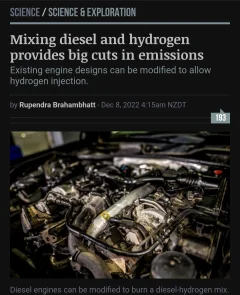Sky News Australia
Subject: Oxfordshire
That’s very interesting, I’d not heard of the ‘15 minute city’ idea before.
For this idea to work, you actually have to create ‘mini cities’ which provide work, schooling, housing, leisure, provision needs, etc ALL within a 15 minute walk from home.
That requires MAJOR re planning, infrastructure and construction.
The thing about the Oxford plans is they’re doing NONE of this at all. They’re simply taking existing urban areas and ‘fencing them off’. And I can tell you, those areas have nothing like the ‘well rounded’ infrastructure or facilities for this vision. They don’t even have space to build anything either, so honestly I can’t even see how they can achieve their own visionary aims in the long term.
So, even if you support the actual long term vision of the 15 minute city, all they are actually changing is… blocking off some roads!
Which means they are putting in the lifestyle limitations without ANY of the proposed benefits or prerequisites required for their own vision.
Thats my main beef with much of the current push, the main focus is on implementing life changing limitations on ordinary people, without ANY of the actual things required to make the visions work or provide any benefits to people.
The rich will simply move, or pay to find ways around the inconvenience (for example, they can simply get a taxi everywhere as taxis are exempt). The very poor (ie unemployed) will not be effected much either as they don’t really travel regularly anyway. The only people badly effected will be normal working people, parents of school children, etc.
Bottom line for me is clear. If governments are serious about the many green initiatives they are pushing, they simply must start with infrastructure.



